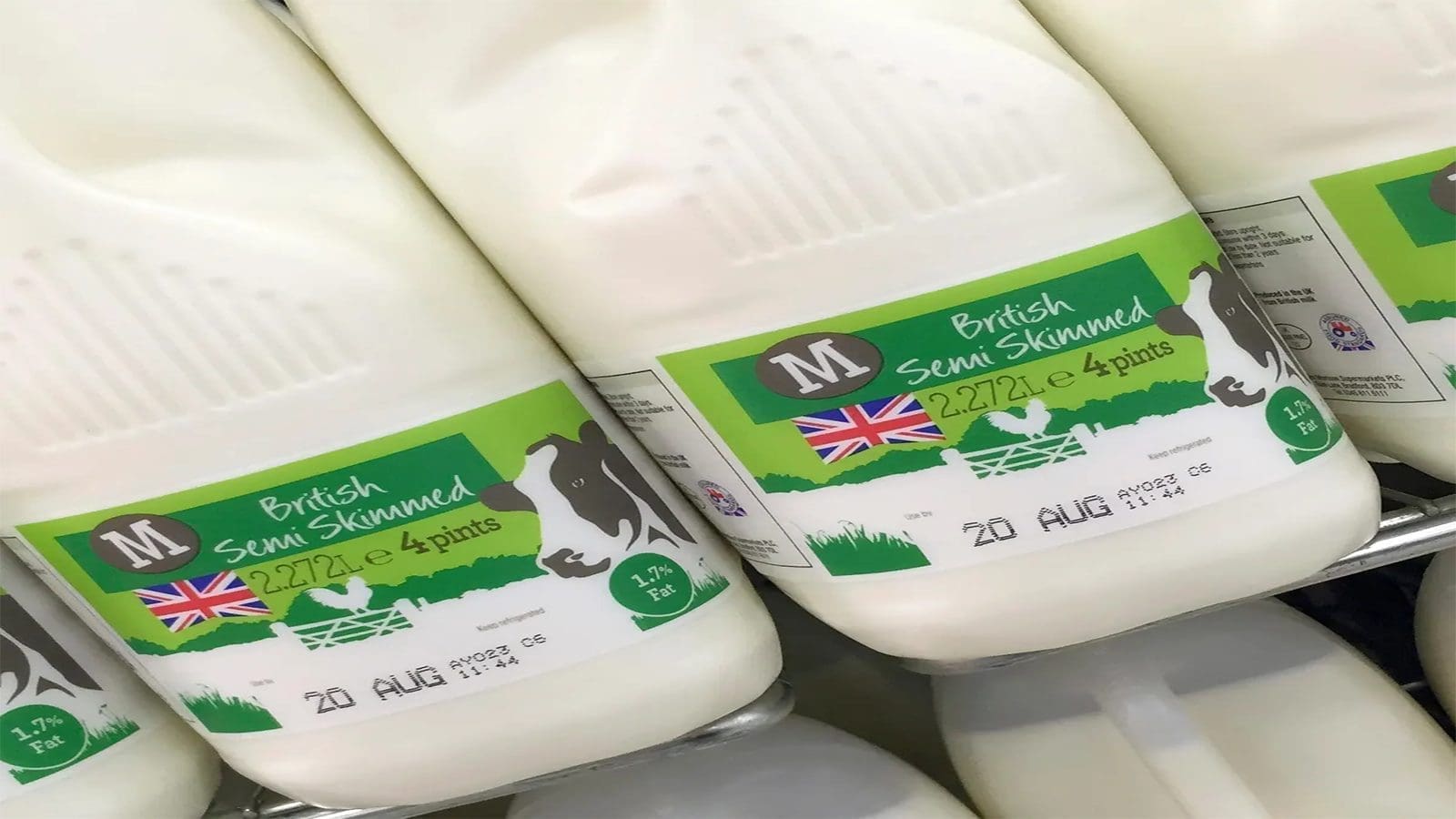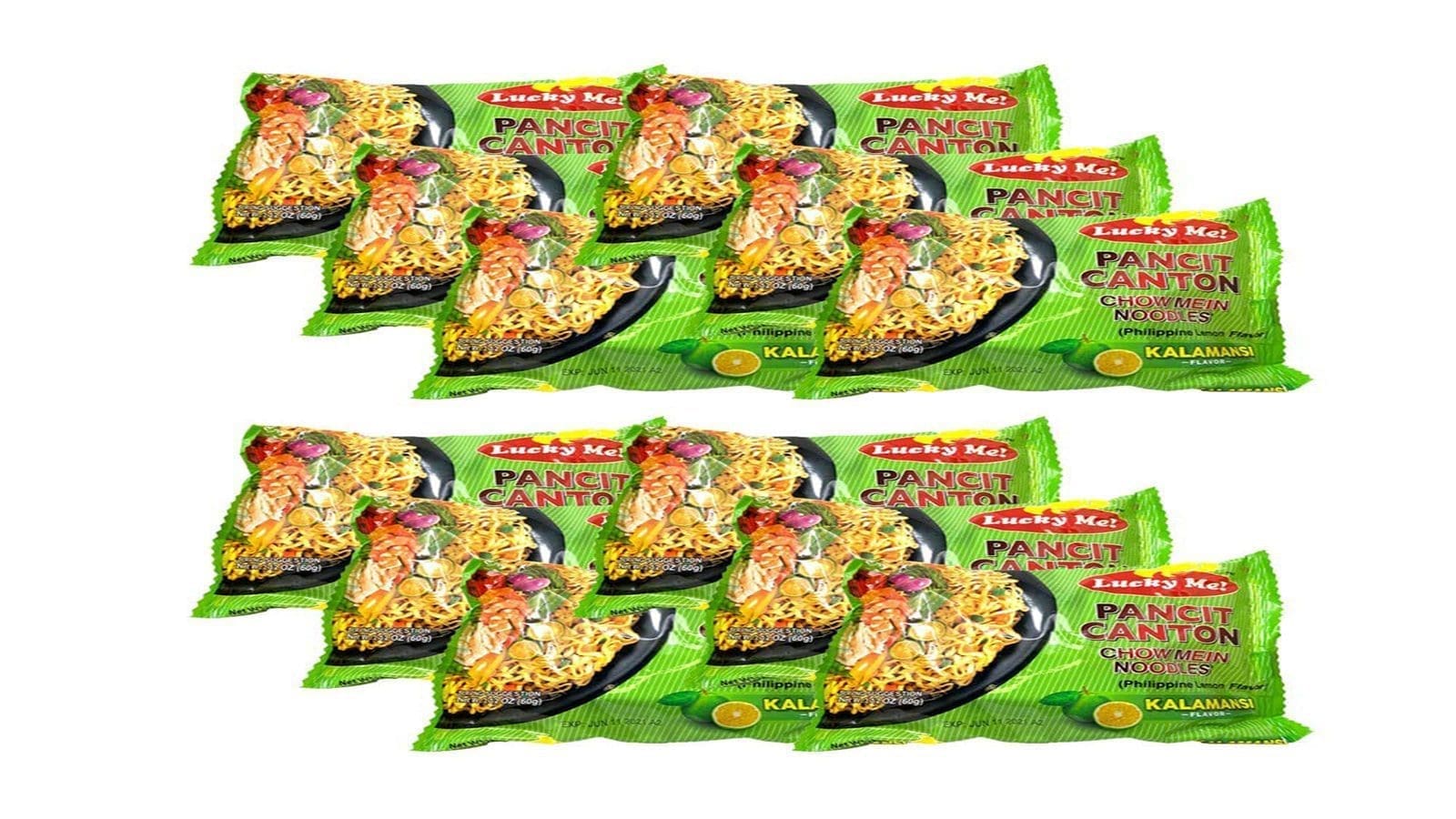GLOBAL – The Food and Agriculture Organization of the United Nations (FAO) and World Health Organization (WHO) experts committee has affirmed that precautionary allergen labelling (PAL) on pre-packaged foods should only be reserved for those situations where inadvertent allergen presence (UAP) cannot be avoided and should not make up for poor allergen management practices or production errors during food manufacturing.
This was the final session of a three-part consultation on risk assessment of food allergens to help guide the future work of the Codex Alimentarius Commission.
The objective of this third meeting, led by Stefano Luccioli as the Chair and Alice Lee as the rapporteur, was to review and evaluate the evidence in support of precautionary allergen labelling on pre-packaged foods.
In previous meetings, the experts achieved consensus on a recommended revision to the list of global priority allergens and established threshold levels for these priority allergens in foods and reviewed available analytical capabilities for the monitoring of food allergens.
Current use of PAL is voluntary and often not part of a standardized risk assessment process. This leads to non-uniform and indiscriminate application of PAL including a multitude of different phrases and/or inappropriate absence of PAL.
Consumers find the information currently provided by PAL to be confusing. This results in poor communication and misinterpretation of the risks posed by UAP, reducing consumer trust in allergen labelling, and proven health risk to the allergic consumer.
The available evidence indicates that some manufacturers, consumers and other stakeholders do not understand current strategies to communicate precautionary messages relating to risks posed by UAP in products.
Current data indicate a preference for wording which conveys that a food is “not suitable for” consumers with a particular allergy. Education of consumers, healthcare providers, food business operators, risk assessors and risk managers is critical to PAL management.
Experts’ committee recommendations
To be effective, PAL should only be used when the level of UAP, demonstrated through risk assessment, exceeds established risk-based threshold values for a particular food allergen.
To protect allergic consumers and to foster trust in PAL, additional recommendations made by the expert committee include that PAL be integrated into regulatory frameworks, that a single, clear and unambiguous statement be used and that PAL be supported by effective risk communication and education programmes.
In this framework for PAL, it is recommended that all individuals with a particular food allergy avoid foods when a PAL to that food is present. However, this system may be overprotective/restrictive for some of the less sensitive individuals with food allergies.
The Expert Group recommends that the decision whether or not to use a PAL statement is part of a regulatory framework that requires food business operators (FBOs) to denote PAL when UAP exceeds the relevant reference dose (RfD) and to not use PAL when UAP does not exceed the relevant RfD.
Moreover, FBO should/must provide an indication on the label, e.g., using a symbol, that a qualified Risk Assessment (RA) to inform the need (or not) for PAL has been undertaken, irrespective of whether the RA outcome indicates that a PAL should be used or not.
If an RfD is not established for a particular priority allergenic food, an estimated RfD can be used providing it is determined following the guiding principles elaborated by Meeting 2 of the FAO/WHO consultation.
According to the committee compliance with existing Codex codes of practice, good allergen management and allergen control programs are a prerequisite for FBOs. The use of PAL is not appropriate where deviations from these programs may occur such as UAP due to production errors.
Liked this article? Subscribe to Food Safety Africa News, our regular email newsletters with the latest news insights from Africa and the World’s food safety, quality and compliance. SUBSCRIBE HERE








